Previous Article
News
Norwegian Reintegration Guarantee aims to provide ex-prisoners the right tools for resocialization
In 2005 the Norwegian government introduced a unified policy towards released prisoners called the Reintegration Guarantee. Senior Advisor Inger Marie Fridhov of the Ministry of Justice explains: “Although it is not a ‘right’ in the legal sense, the Reintegration Guarantee is a commitment of all involved Ministries to provide ex-inmates the possibilities to be a responsible citizen.” The new strategy was designed with two purposes in mind. First to reduce recidivism and second to create better conditions for the released person.

A new philosophy
In practice, the Reintegration Guarantee entails that anyone who leaves prison or probation should be able to stand on their own and helped to obtain housing, work, school, health care and things such as debt counseling. “The effort requires a new mindset from the government,” says Inger Marie Fridhov. “It takes close cooperation to reach all released persons. Plus it was always assumed that the correctional services “own” the prisoner. This is the way the correctional services thought, and this is also how other authorities have thought. The Guarantee makes this way of thinking impossible. Now all levels of government and in fact the whole society has to take responsibility for reintegration. This is a big and important step towards a situation where inmates, equally with other citizens, get what they have a right to, concerning social benefits, school, housing etc..”
Working towards a better release
The guidance of the prisoners starts before their release. “One of the guiding principles of the Guarantee,” explains Inger Marie Fridhov, “is that the release becomes predictable. The inmate knows the date and time of the release but also what is waiting for the inmate with regard to housing, work, finances, education and health. 25 especially educated “release coordinators are working in the prisons to help the guards and others involved in the release-process. They work to establish all necessary contacts with the local authorities, who are and will be, responsible for the ex-inmate from the first day after release.”
Allocate tasks to appropriate services
It has become clear that the execution of the Guarantee is not easy. Inger Marie Fridhov refers to a recent study of the Norwegian Institute for Urban and Regional Research: “Not unexpectedly, they found that potential obstacles to full implementation of the guarantee are located at the legal level, the structural and organisational level, the financial level and at the human level. The attitudes towards convicts are not always favorable either. I believe, however, that the approach of the Reintegration Guarantee in fundamentally a good one. We share and transfer the responsibility to them who really are responsible to solve the problems. And lastly -but not unimportantly- we activate and help the prisoners to be the main actor in their own release.

Related News
Keep up to date with the latest developments, stories, and updates on probation from across Europe and beyond. Find relevant news and insights shaping the field today.
New
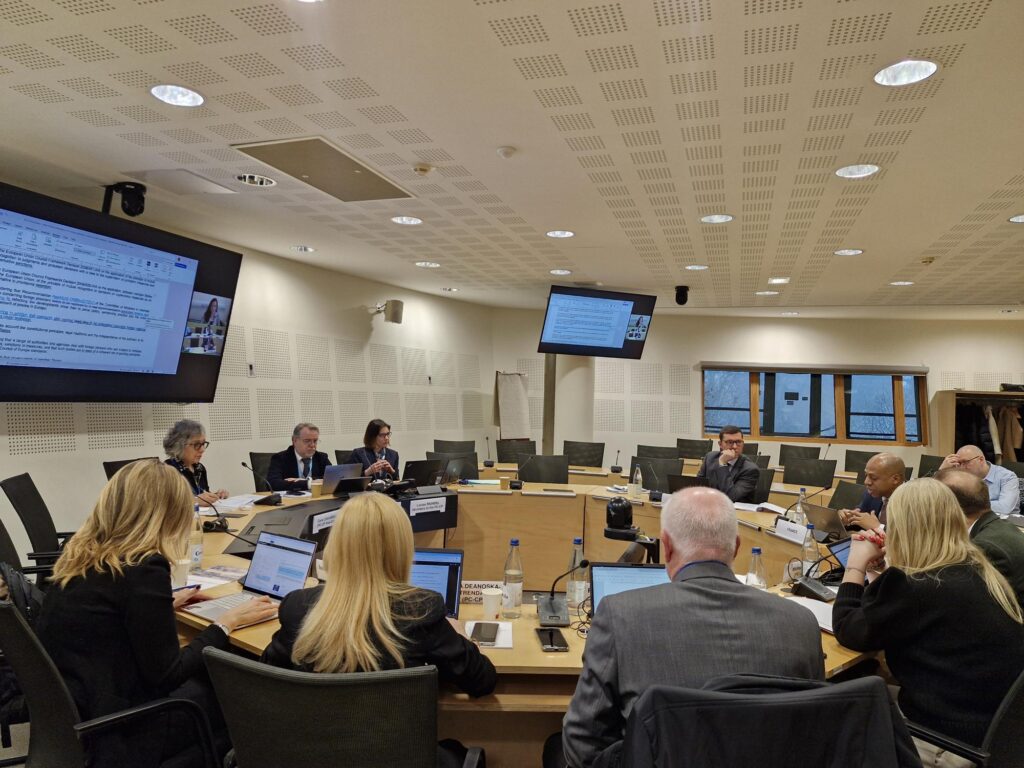
Probation in Europe
CEP at 40th PC-CP Working Group Meeting
09/02/2026
CEP actively participated in the meeting of the Council of Penological Co-operation (PC-CP) of the Council of Europe. Through its involvement, the organisation contributes meaningfully to the work of the PC-CP by representing the voices and professional experience of probation practitioners across member countries and jurisdictions. CEP Vice-President Ms Danijela Mrhar Prelić is a member of the PC-CP Working Group and actively participates in all meetings.
New
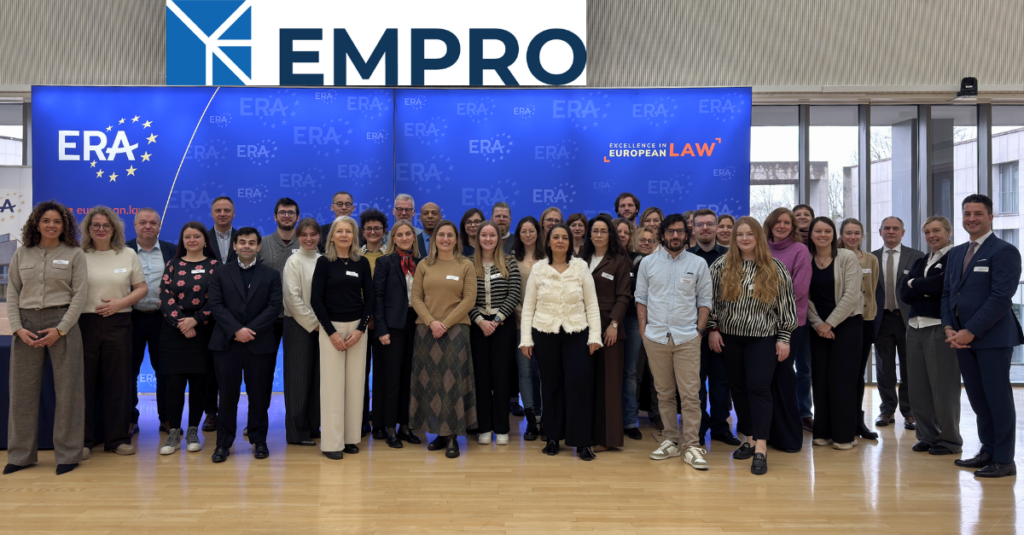
Probation in Europe
CEP at the EMPRO Symposium hosted by ERA
04/02/2026
CEP actively contributed to the EMPRO Knowledge Exchange Symposium hosted by the Academy of European Law (ERA) in Trier on 28–29 January, bringing together practitioners, policymakers, and researchers to reflect on the implementation of EU Framework Decisions in probation and supervision.
New

Alternatives to pre-trial detention, Community Sanctions and Measures, Framework Decisions, Technology
Future of Criminal Justice: CEP’s Contribution to Key 2025 Dialogues
27/01/2026
Throughout 2025, CEP and its representatives actively participated in the online Technical meetings ahead of the HLF as well as the High Level Forum on Future of Criminal Justice taking place on 4-5 March 2025, 20-21 May 2025 and 1-2 October 2025 in Brussels, Belgium.
Recap
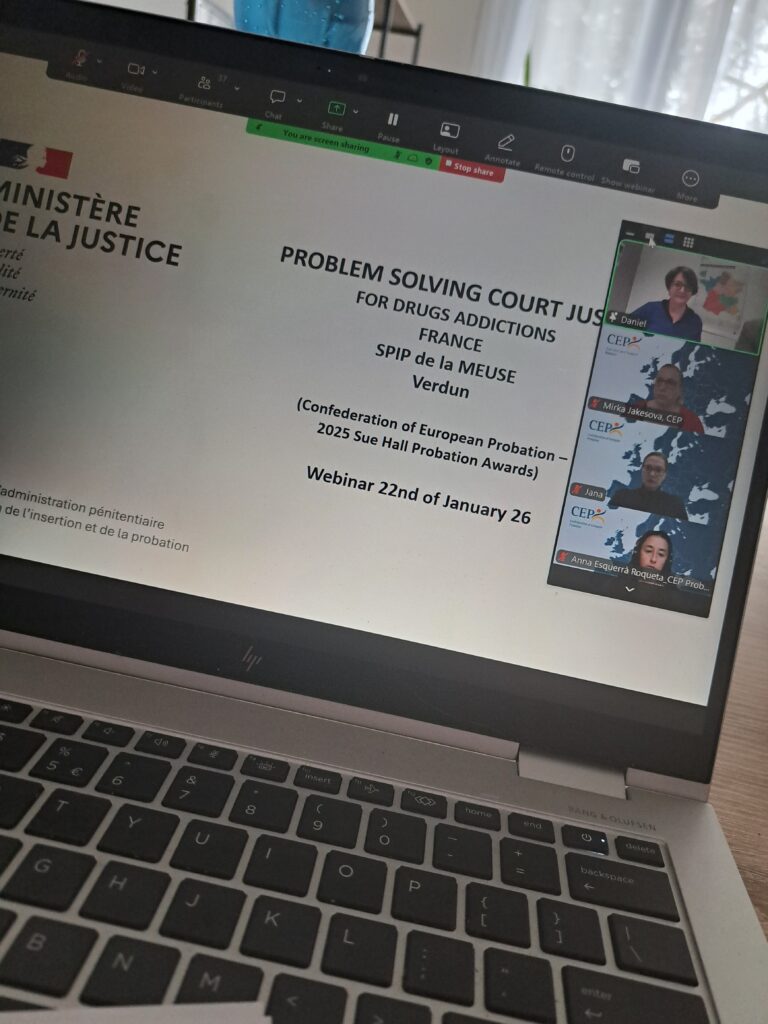
Alternatives to pre-trial detention
Recap: Webinar on Alternatives to Detention 2026
26/01/2026
On Thursday 22 January, CEP hosted the first webinar of 2026 on the topic of Alternatives to Detention. The session led by Ms. Marina Pajoni from the French Prison and Probation Service titled „Problem Solving Justice in Pracitce: The Meuse Probation Service´s Approach to Drug Addiction“ introduced an innovative programme developed by the Meuse Probation Service in close cooperation with the French Ministry of Justice.
New
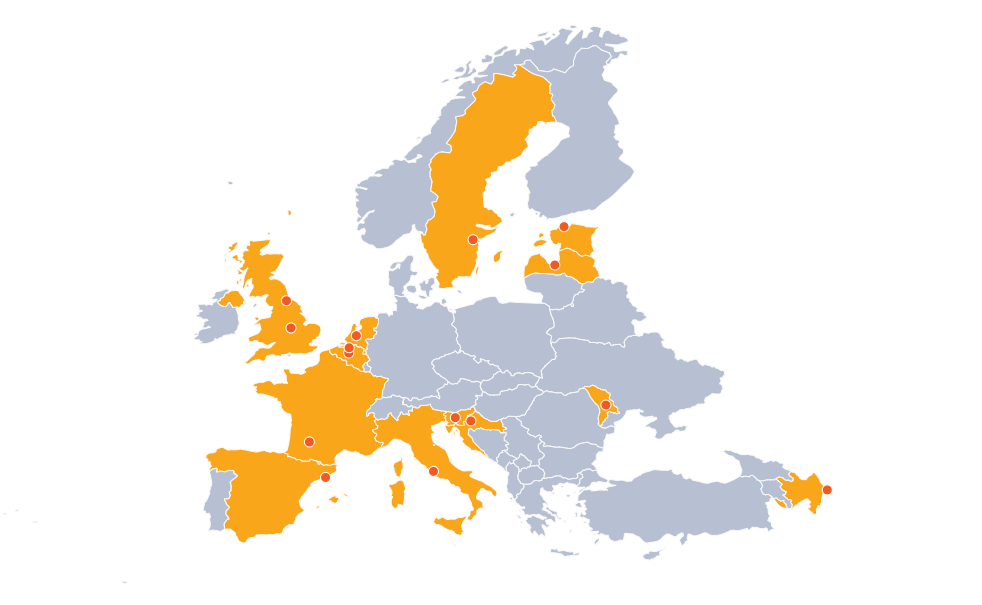
Education and Training
CEP launches an interactive European map of probation education and training institution contacts
22/01/2026
The CEP is pleased to inform its members that a new dedicated section has been developed on the CEP website featuring an interactive map of Europe.
New
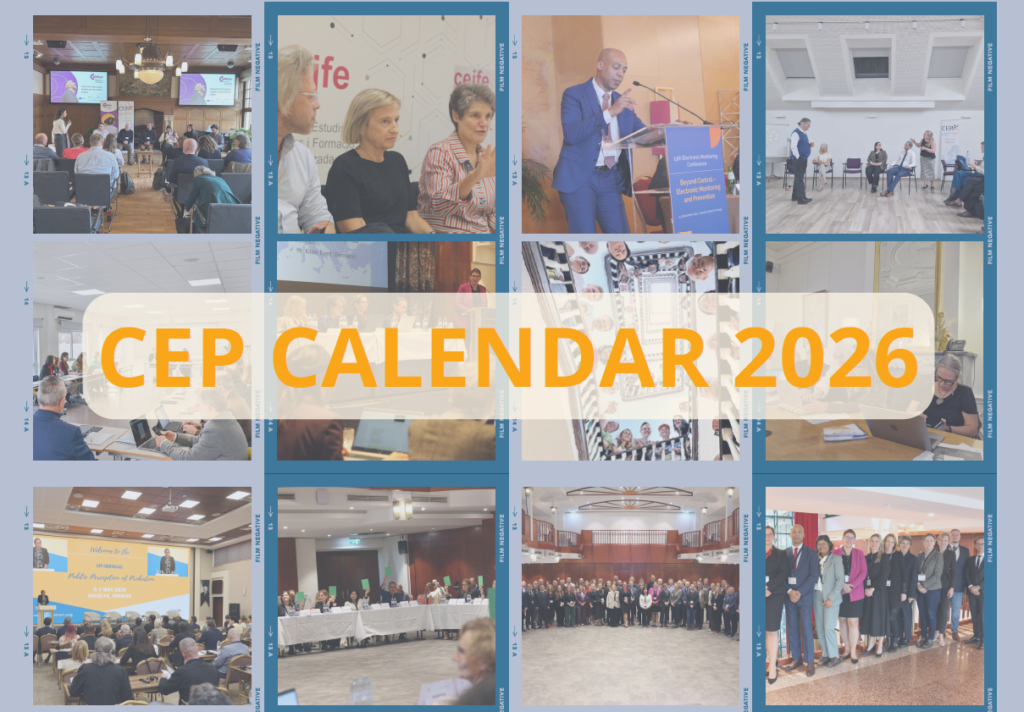
CEP Events
CEP activity calendar 2026
20/01/2026
As we begin the new year, we would like to thank all CEP members, partners, and participants for your continued engagement and valuable contributions. Your involvement plays an essential role in shaping CEP’s work and activities.
We are pleased to share the CEP calendar for 2026, which provides an overview of the events planned for the year ahead. We look forward to continuing our collaboration and welcoming you to upcoming CEP activities throughout the year.
Thank you for being part of the CEP community.
Subscribe to our bi-monthly email newsletter!
"*" indicates required fields
- Keep up to date with important probation developments and insights.

